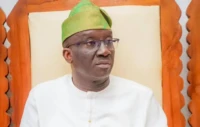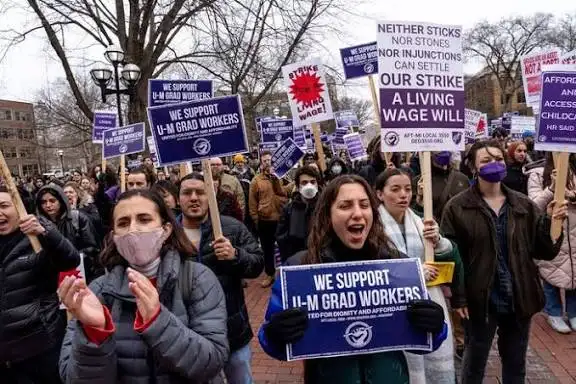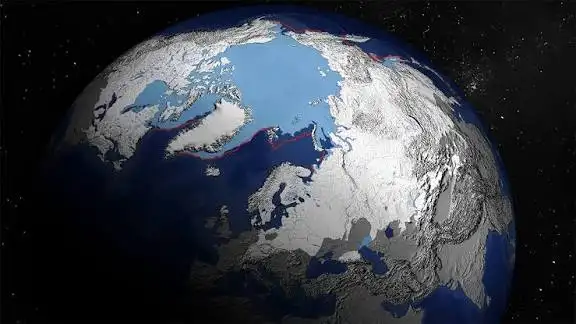European Union (EU) and South Africa convened their eighth bilateral summit in Cape Town, underscoring a mutual commitment to strengthening their strategic partnership amid evolving global dynamics. The summit addressed a range of critical issues, including economic collaboration, energy transition, security, and multilateral cooperation.
A cornerstone of the summit was the EU’s announcement of a €4.7 billion investment package aimed at supporting South Africa’s green energy initiatives and vaccine manufacturing. This investment is part of the EU’s Global Gateway Initiative, which seeks to mobilize sustainable investments worldwide. European Commission President Ursula von der Leyen emphasized the EU’s dedication to assisting South Africa in its transition from coal to renewable energy sources, highlighting the importance of a just energy transition that considers the socio-economic impacts on communities dependent on coal.
The investment package also includes €700 million allocated to bolster vaccine production in South Africa, aiming to enhance the continent’s capacity to meet its own health needs. This initiative aligns with the EU’s broader objective of promoting global health security and reducing dependency on external vaccine supplies.
In addition to financial commitments, the EU and South Africa agreed to launch negotiations toward a Clean Trade and Investment Partnership. This partnership is designed to foster cleaner value chains for raw materials, promote local beneficiation, and support the development of renewable and low-carbon energy solutions. It also aims to facilitate regulatory cooperation between the two parties in areas related to clean supply chains, with a particular focus on sectors such as green hydrogen and electric vehicle production.
The summit also addressed broader geopolitical challenges, including the erosion of multilateralism and the rise of nationalism and unilateralism. Both parties reaffirmed their commitment to a rules-based international order and emphasized the importance of multilateral cooperation in addressing global issues such as climate change, trade protectionism, and sustainable development. They expressed support for reforms in international institutions like the United Nations Security Council and the World Trade Organization to better reflect the interests of underrepresented regions.
South Africa’s role as the G20 president in 2025 was also a focal point of the discussions. The EU expressed support for South Africa’s presidency, particularly its theme of solidarity, equality, and sustainable development. This support is crucial as South Africa seeks to navigate global challenges and advocate for debt relief and climate financing for developing nations, areas that have seen diminished support from other major powers.
The summit concluded with a joint declaration highlighting the critical areas of cooperation and mutual support. Both parties committed to advancing their partnership in a manner that promotes inclusive economic growth, job creation, poverty eradication, and the addressing of global challenges through solidarity, collaboration, and partnership.
This enhanced collaboration between the EU and South Africa reflects a strategic alignment aimed at countering global power shifts and promoting a more balanced and equitable international order. By focusing on sustainable development, clean energy, and multilateral cooperation, both parties are positioning themselves as key players in shaping the future global landscape.












Leave a comment